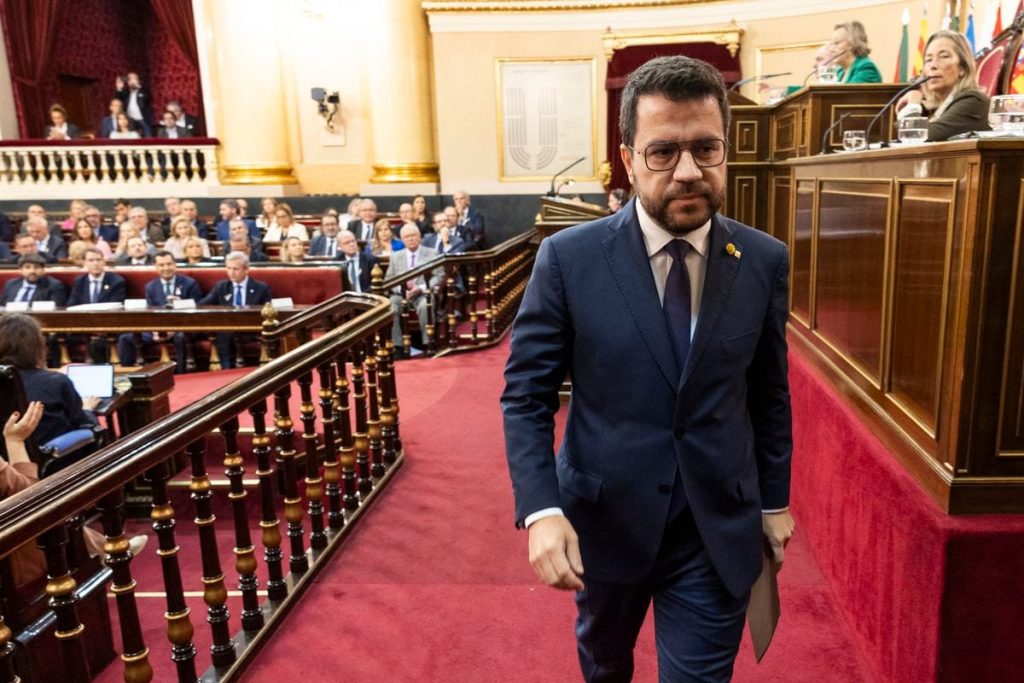Monday’s political agenda is dominated by the General Committee of the Autonomous Communities in the Senate, a plenary session dedicated to the amnesty law where regional presidents from the PP will express their rejection of the law, which they consider an intolerable concession by the government to the separatists and a violation of the equality of Spaniards. On the other side, defending the law, will be the president of the Generalitat, Pere Aragonès, who will address the Senate to defend the amnesty law and to “troll” the PP, as he stated last week. He will face off against Alfonso Rueda (Galicia), Fernando López Miras (Murcia), and Isabel Díaz Ayuso (Madrid). Additionally, the Minister of the Presidency, Justice and Relations with the Courts, Félix Bolaños, will meet with the Supreme Court’s Governing Chamber, which currently has 25 judicial vacancies and no set date to resume negotiations and appoint a new General Council of the Judiciary (CGPJ) that can reactivate the pending appointments to fill the vacancies.
The debate over the amnesty law has intensified tensions between the government and the regional leaders of the PP, as they accuse each other of betraying the unity and equality of all Spaniards. The PP views the amnesty law as a dangerous capitulation to the separatists, while proponents argue that it is necessary for reconciliation and healing in the region. The confrontation between the PP regional presidents and Pere Aragonès is expected to be heated, reflecting the deep divide between the different political factions in Spain.
In the midst of this political turmoil, the Supreme Court is facing its own challenges with 25 vacant judicial positions and no clear timeline for resolving the issue of appointing a new CGPJ. The absence of a fully functioning Supreme Court is a significant concern for the Spanish judiciary and raises questions about the efficiency of the legal system in handling important cases. The meeting between Minister Félix Bolaños and the Supreme Court’s Governing Chamber will be crucial in addressing these challenges and finding a way forward to ensure the proper functioning of the judiciary.
The issue of judicial vacancies and the delayed appointment of a new CGPJ highlights the broader concerns about the functioning of Spain’s political and legal institutions. The lack of progress in resolving these issues reflects the deep-seated political divisions and challenges facing the country. As the debate over the amnesty law continues to unfold in the Senate, it remains to be seen how the government and regional leaders will navigate these tensions and work towards a resolution that addresses the concerns of all parties involved.
Overall, Monday’s political events underscore the complex and contentious nature of Spanish politics, with the debate over the amnesty law and the challenges facing the Supreme Court highlighting the broader issues of governance and institutional functioning in the country. As Spain grapples with these challenges, it is clear that finding a path towards reconciliation and unity will require dialogue and cooperation among all political stakeholders. The outcome of the debate in the Senate and the ongoing efforts to address judicial vacancies will be crucial in shaping the future direction of the country and its political landscape.















